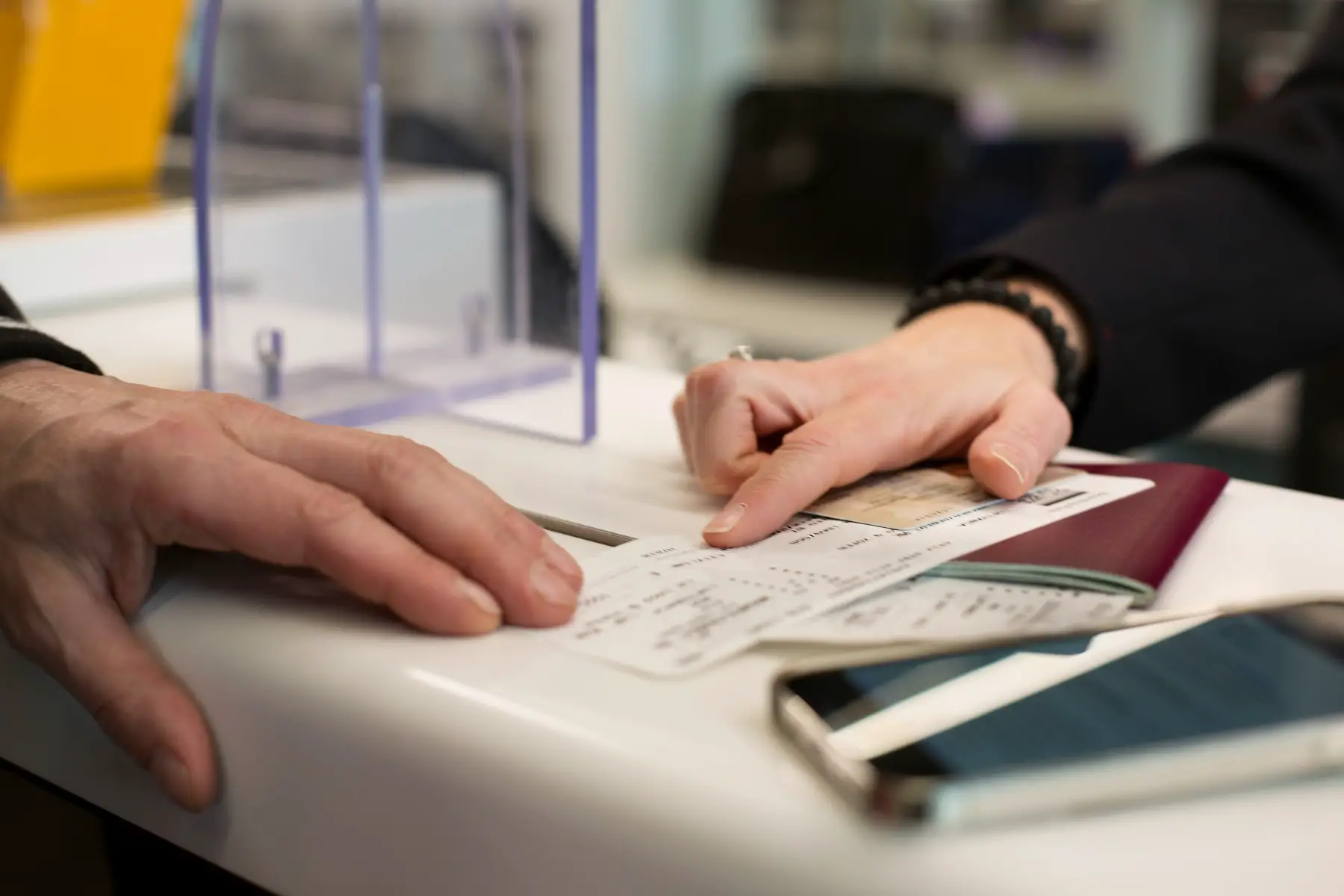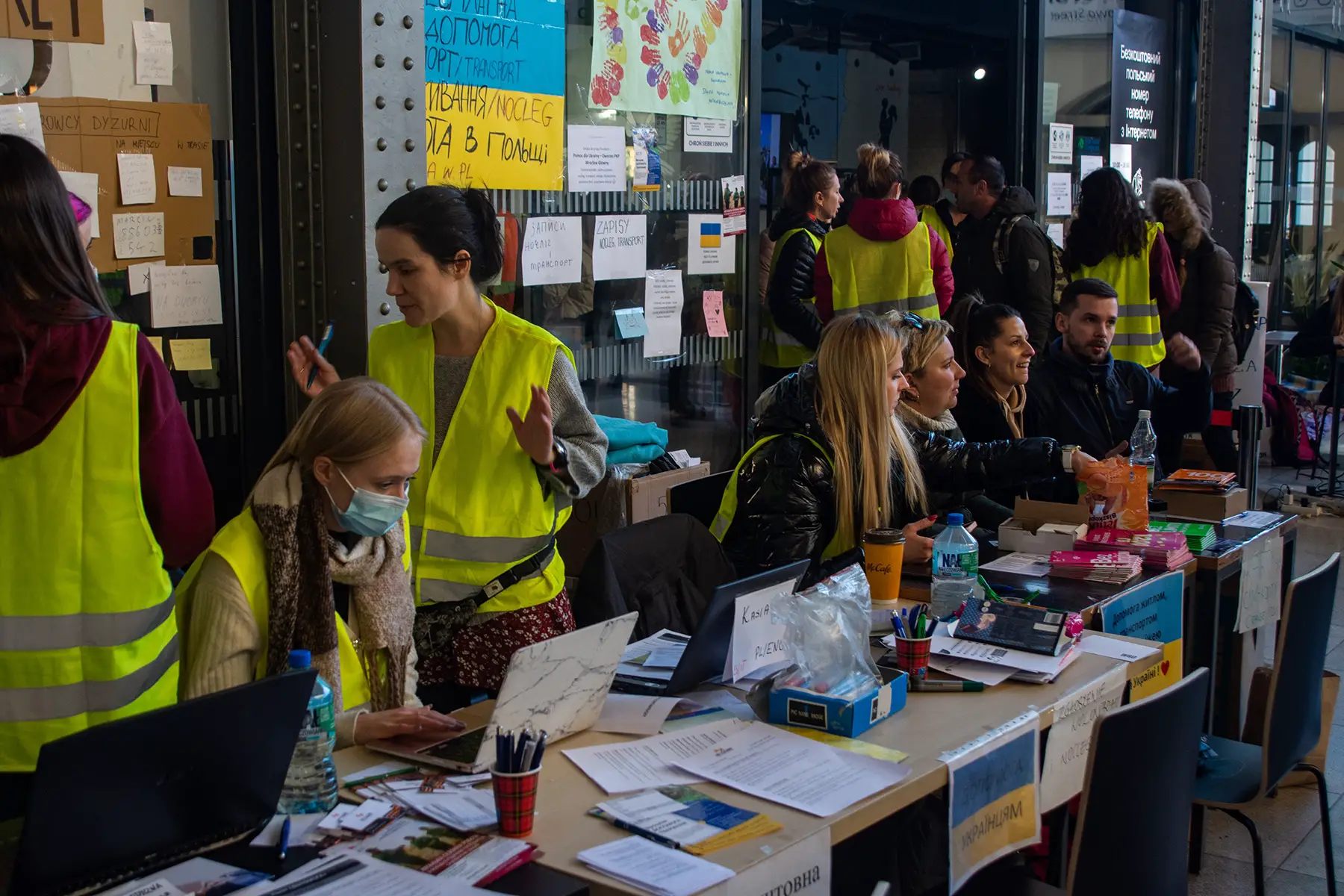You don’t have to be a hardened criminal to come in contact with the law. For example, your pockets could be picked while riding public transport (attenzione, pickpocket!), or you could be taken to court by a cruddy landlord. When that happens, having some knowledge of the criminal justice system could help you get out of a tough bind.
Here’s what you need to know about the subject:
Ground News
Get every side of the story with Ground News, the biggest source for breaking news around the world. This news aggregator lets you compare reporting on the same stories. Use data-driven media bias ratings to uncover political leanings and get the full picture. Stay informed on stories that matter with Ground News.
Overview of Italy’s judicial system
Similarly to most other democratic countries, the Italian state is separated into three branches. These are the legislative, executive, and judicial powers (i.e., trias politica).
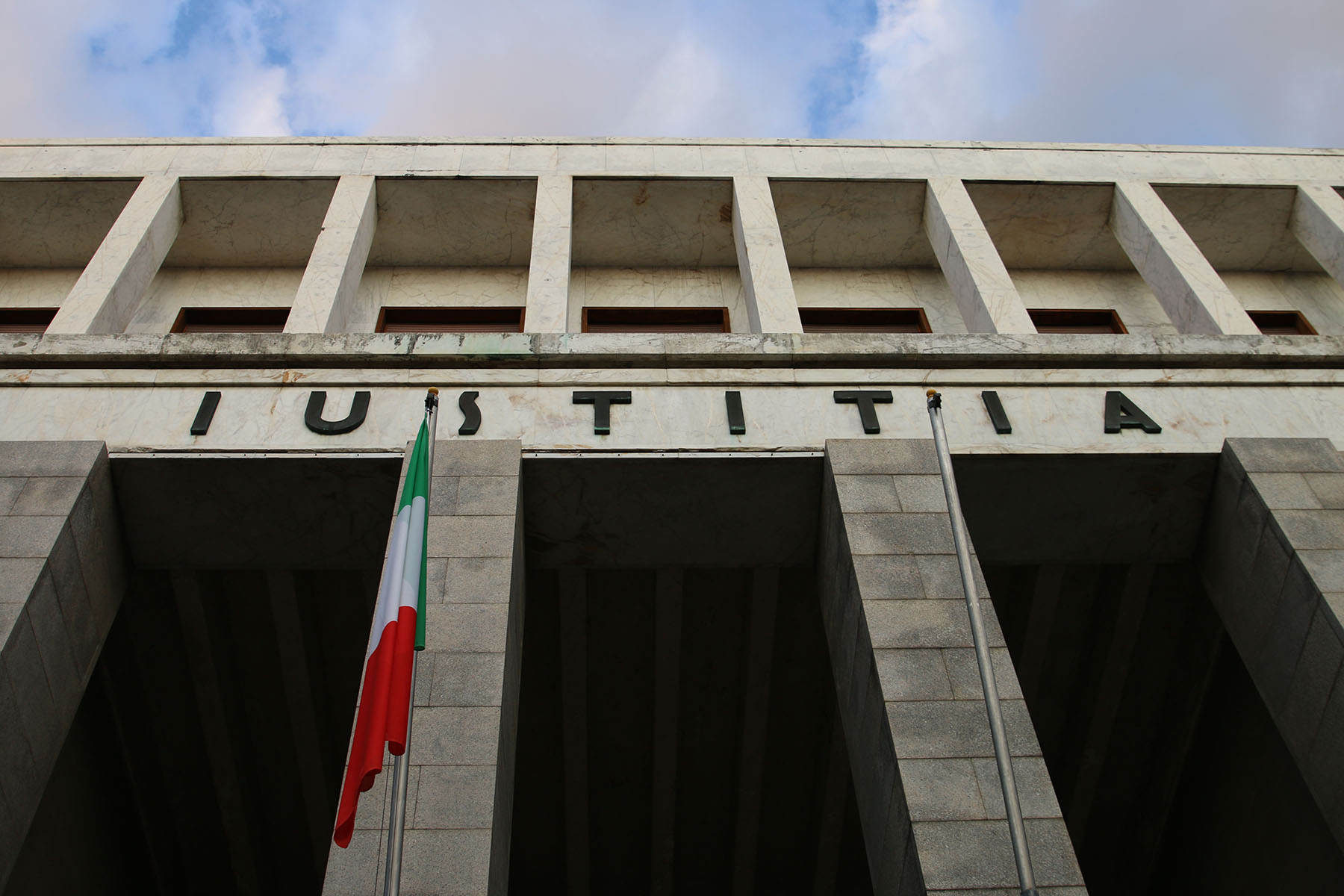
The judicial power (or, more specifically, the legal system) consists of five different areas:
- Ordinary civil and criminal matters (e.g., neighbor conflicts, divorce, and crimes)
- Administrative matters (e.g., holding authorities accountable when, for example, your visa gets refused)
- Accounting (e.g., fraud and corruption)
- Military matters
- Taxation (e.g., tax evasion)
Brief summary of Italian law
In Italy, the legal system contains a mix of public and private laws, which are listed in the Italian Civil Code (Codice Civile). Whereas private laws relate to property, family, and obligations, public laws govern the relationships between individuals and the government. Public laws include:
- Constitutional law (diritto costituzione)
- Administrative law (diritto amministrativo)
- Criminal law (diritto penale)
- Tax law (diritto tributario)
- International law (diritto internazionale)
All laws in Italy adhere to a hierarchy. From most important to least important:
- The Constitution
- Constitutional laws and reforms
- EU legislation (EU directives and regulations)
- Ordinary laws, law decrees, and legislative decrees
- Regional laws
- Government regulations
- Custom law
This hierarchy means that if a regional law contradicts a constitutional law, the regional law defaults and is annulled. For example, in 2020, the province of Valle d’Aosta adopted a regional law that said that the local government could take different COVID-19 measures than those of the national state. In 2021, the Constitutional Court ruled that the regional law violated the Constitution, and thus, had to be annulled.
Italian criminal law is listed in the Penal Code (Codice Penale) and the Code of Criminal Procedure (Codice di Procedura Civile).
How fair is the legal system in Italy?
Both national and international law gives everyone in Italy the right to legal assistance and a fair trial, regardless of citizenship.
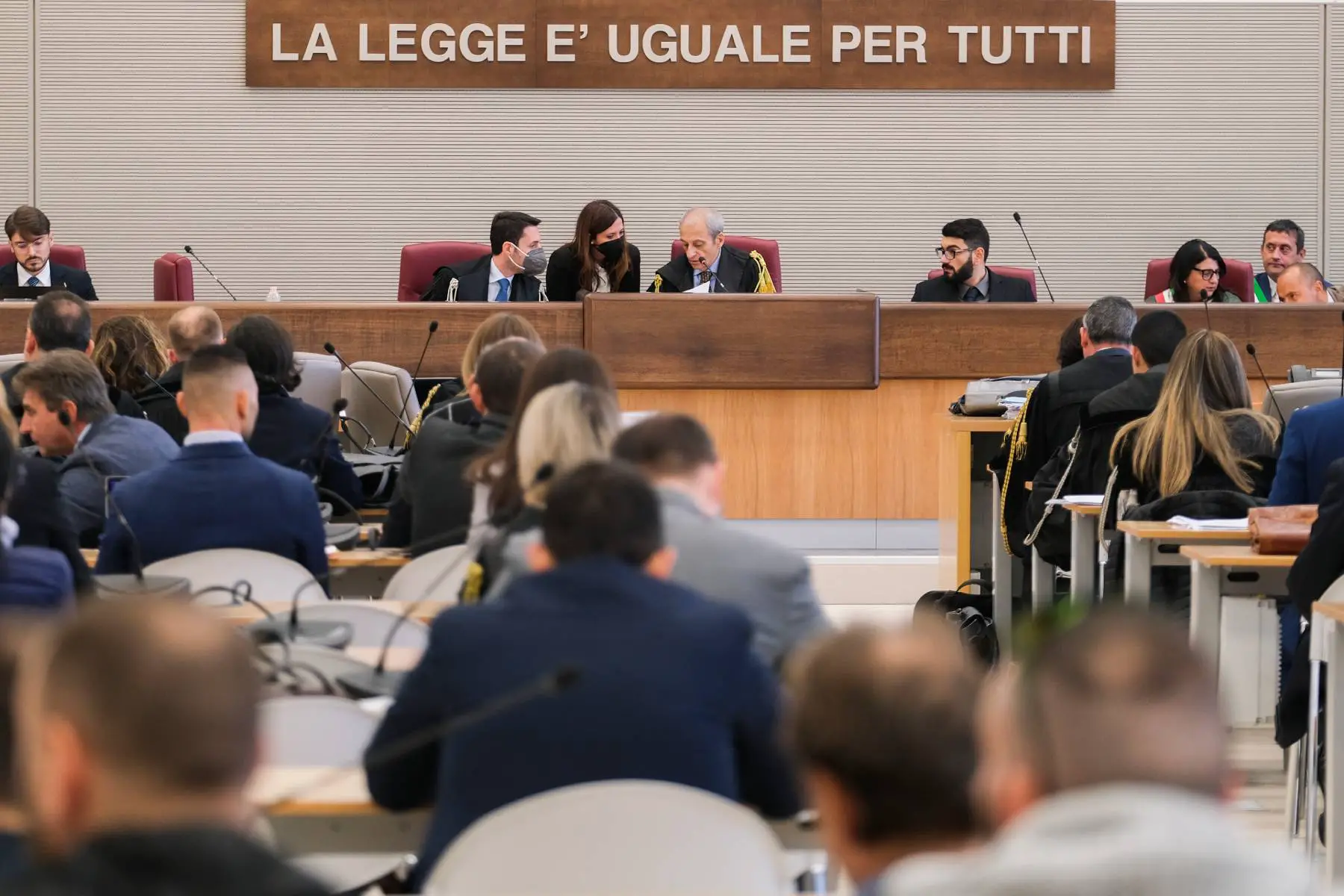
Nevertheless, according to the independent nonprofit organization World Justice Project, “Italy is a country where the conflict between law in books […] and law in action is extremely acute.”
In 2022, Italy scored 67% on the WJP Rule of Law Index. The index measures global access to justice, including constraints on government powers, access to fundamental rights, and justice in civil and criminal matters. The country ranked 24 out of 31 when compared with other nations in the European Union (EU), European Free Trade Association (EFTA), and North America.
According to the index, Italy scored:
| Measurement | In other words | Score |
| Order and security | How well does Italy ensure the security of persons and property? | 75% |
| Absence of corruption in government | Is there any bribery, improper influence, or misappropriation of public funds or other resources? | 65% |
| Criminal justice | How effective is Italy’s criminal justice system? | 64% |
| Are police and criminal judges impartial toward different socio-economic groups based on gender, ethnicity, religion, national origin, sexual orientation, or gender identity? | 60% | |
| Civil justice | Can ordinary people resolve their conflicts peacefully and effectively? | 58% |
| How effective is the enforcement of civil justice decisions in reality? | 34% |
The moderate scores also resonate with the Italian public. In 2021, the National Institute of Statistics (Istituto Nazionale di Statistica – ISTAT, source: in Italian) reported that 68.3% of Italians trust the police. Only 47.4% of the population has confidence in the justice system. This is a slight increase from 2018 when less than 40% had trust in their legal system.
Crime and crime rates in Italy
Whether the population trusts its judicial system or not, Italy is a relatively safe country in terms of crime. It ranks 32 out of 163 on the 2022 Global Peace Index (GPI) of the world’s safest countries. Indeed, the country has one of the lowest numbers of homicides in the EU, according to a 2022 report (in Italian) by the Italian Central Directorate of the Criminal Police (Direzione centrale della polizia criminale – Criminalpol).
The rate of thefts and robberies on the other hand is on the rise, especially in medium-to-large cities such as Milan (Milano) and Rimini.
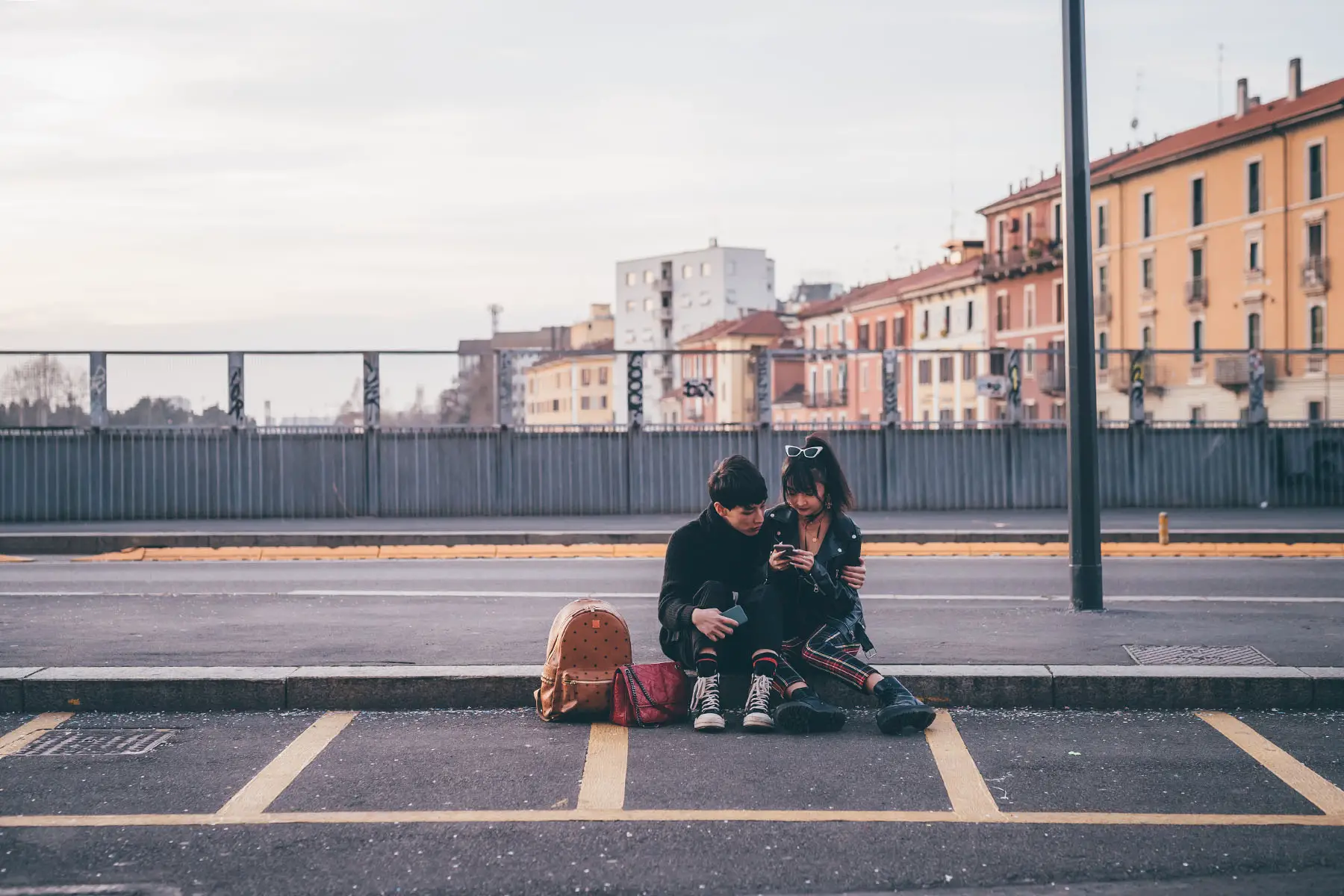
You can find Italy’s annual crime rates on the Crime Index of the newspaper Sole 24 Ore. The index is created in collaboration with the Department of Public Safety (Dipartimento di Pubblica Sicurezza) of the Italian Ministry of the Interior (Ministero dell’Interno).
In 2022, the most recorded criminal complaints were reported in:
- Milan – crimes included theft, pickpocketing, shoplifting, and theft from parked cars
- Rimini – criminal complaints mostly concerned robbery and street robbery
- Torino – recorded crimes included property damage and store robbery
Other well-known cities also appear on the list, including:
- Rome (Roma) – 5th place
- Florence (Firenze) – 7th place
- Naples (Napoli) – 10th place
- Genoa (Genova) – 11th place
- Venice (Venezia) – 18th place
Tips for preventing crime
You are not at fault if you fall victim to a crime. Even so, there are some things within your control that could protect you against crime in Italy.
In general, it’s important to keep vigilant and be aware of your surroundings. Large squares, cultural attractions, and public transport in Italy are often crowded and rife with theft-related crimes. It’s best to avoid them on national holidays such as Festa della Repubblica.
If possible, carry your most valuable possessions (e.g., passports, residence cards, bank cards, and cell phones) in a small bag close to your body and out of sight. If you are taking money from an ATM, do not get distracted and certainly never accept ‘help’ from strangers.

When it comes to vehicles, always check if all doors are locked and your valuables are not on display. The same applies to your home: remember to lock the doors and close the windows when leaving the house.
In some cases of home robbery, a scammer will come to your house, pretending to be a post official, social worker, utility inspector, or law enforcement officer. Always ask for their identification straightaway. If you are uncertain of their credentials or motives, you can call the local authorities to verify. Do not call phone numbers provided by the ‘official’, given that there might be an accomplice on the other side of the phone.
If someone comes to the door reporting a gas leak, make sure to call the Italian emergency number 112 first. This could be part of a very common scam that targets the elderly.
If a crime does occur, you might face avoidable costs. It’s therefore advisable to get an insurance policy (e.g., car insurance, home insurance).
How to report a crime in Italy
If you are a victim of a crime
In case of an emergency, you must call the national number 112 first. The operator will direct you to the local emergency services.
In Italy, non-emergency crimes can be reported in person to the police. You can go to the provincial headquarters (questura) or the carabinieri at the local police stations. If you have experienced a theft or loss, you can also report it online.
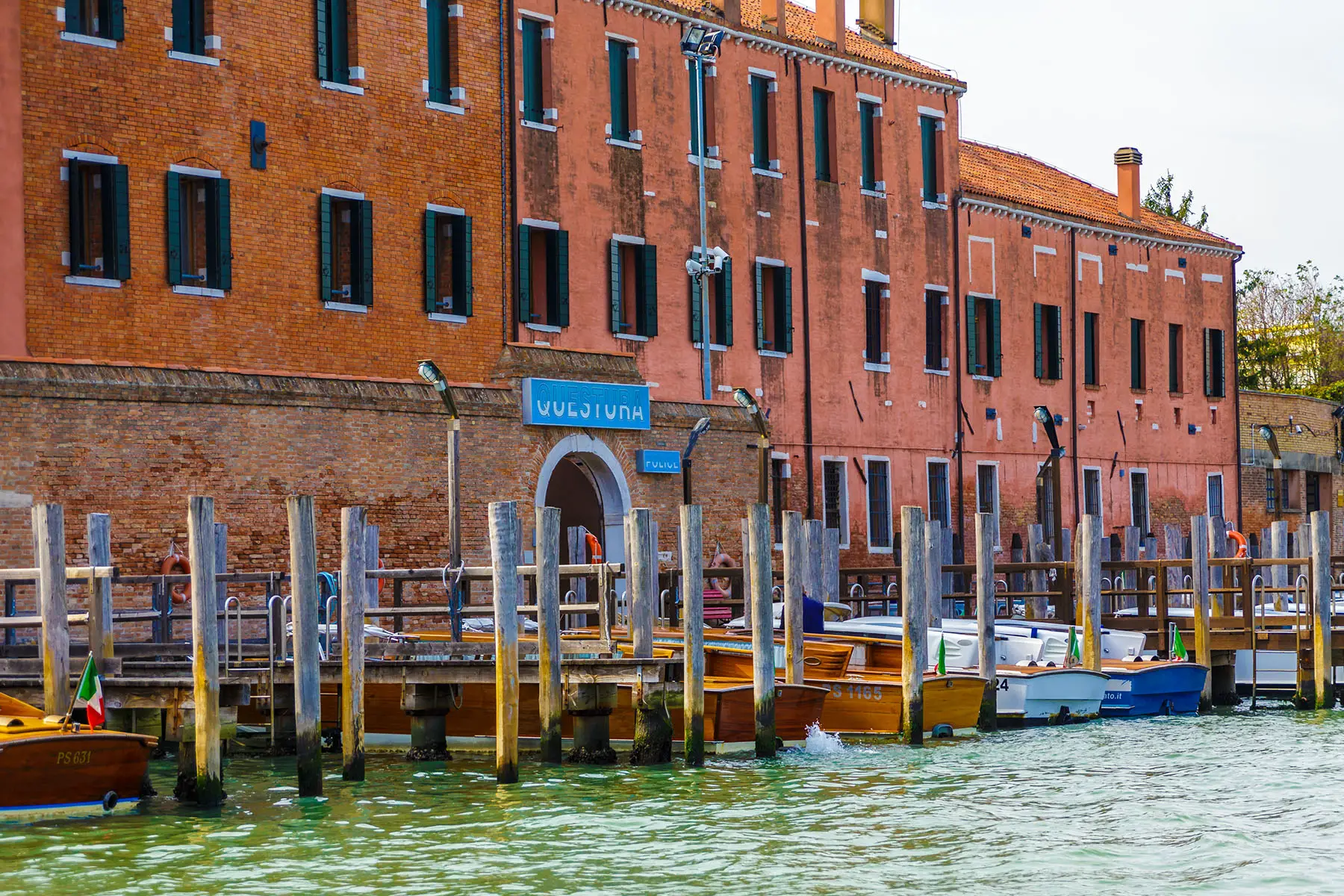
During your police appointment, you are required to identify yourself with a valid passport or ID card. If your identification documents are stolen or lost, you must first contact your home embassy or consulate. Second, you must provide as much information as possible. This includes details of the crime, time and location, physical description of the perpetrator, and any possible witnesses.
If you are the witness of a crime
Reporting a crime is optional in Italy, but it becomes mandatory in the following cases:
- It is a crime against the State (e.g., terrorism, or political or military espionage)
- You receive counterfeit currency
- You acquire objects of dubious origin (i.e., stolen goods)
- You are aware of explosive material deposits or find an explosive
- Your weapon or explosive is lost or (parts of it are) stolen
- You know that someone has committed fraud in a sports competition
There is no deadline for coming forward as a witness on non-serious crimes. However, if the criminal complaint is mandatory, specific provisions in the law will establish a deadline. Witnesses can report themselves to the police or the Public Prosecutor’s office (Procure della Repubblica).
Overview of the Italian police
Depending on the nature of the crime, the case is investigated by one (or a combination) of these police forces in Italy:
- Carabinieri (Arma dei Carabinieri) – the national military police force that works in the field of public security. The corps is entrusted with military and policing tasks, as well as protecting Italy’s animals and environment. The Ministry of Defense (Ministero della Difesa) is in charge of this department.
- State Police (Polizia di Stato) – also known as the national police, it is a civil police service responsible for public order and security maintenance. The State Police is part of the Ministry of the Interior.
- Finance Police (Guardia di Finanza) – a military police force that tackles all crimes involving finances and falls under the jurisdiction of the Ministry of Economy and Finance (Ministero dell’Economia e delle Finanze – MEF)
- Penitentiary Police corps (Corpo di Polizia Penitenziaria) – responsible for ensuring order and security inside and outside prisons. They are part of the Ministry of Justice.
Italy also has two local law enforcement agencies. These do not investigate serious crimes, per se, but do have the authority to give you a fine.
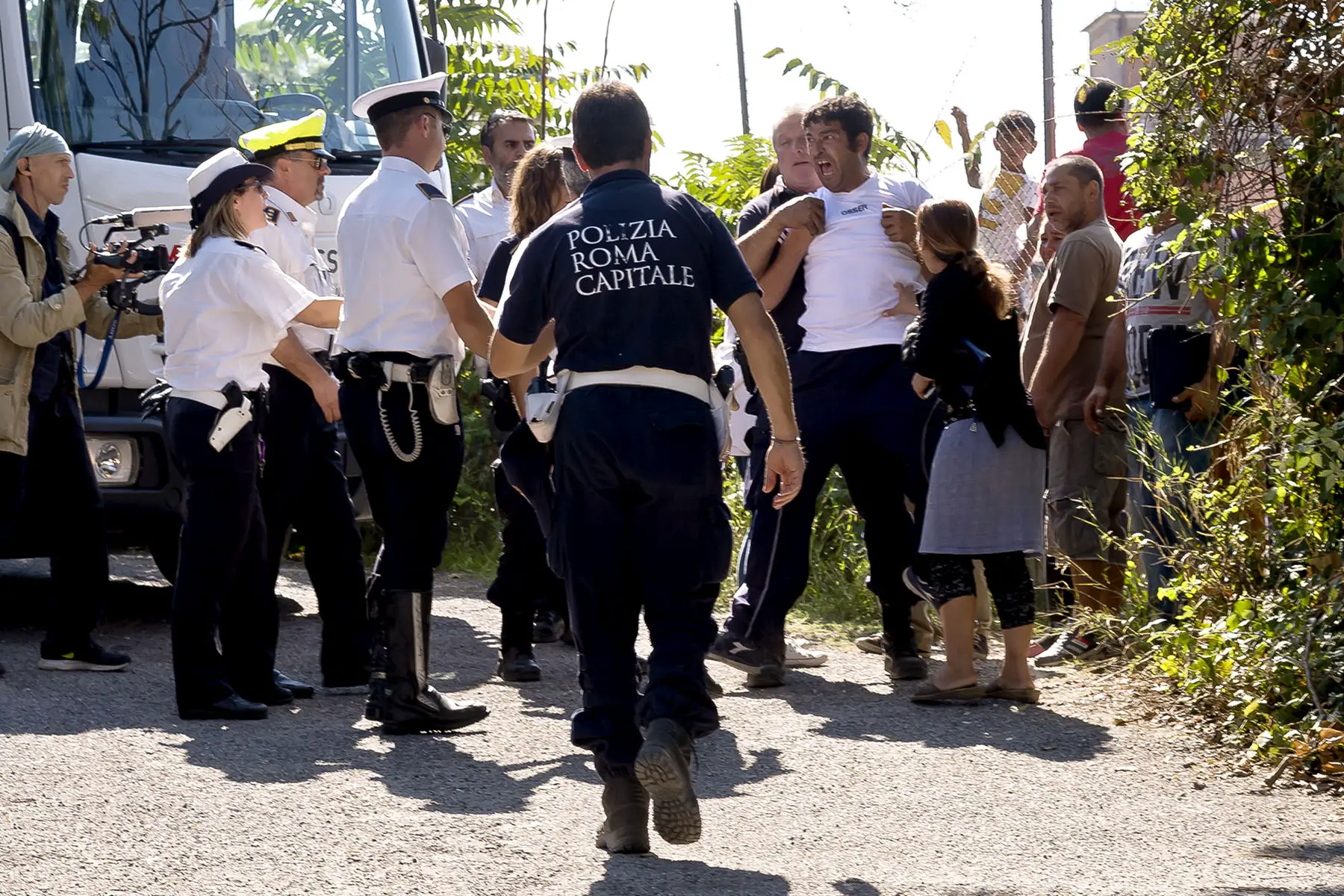
Local police include:
- Provincial Police (Polizia Provinciale) – a local corps that enforces national and local hunting and fishing laws, and helps with traffic regulations. Not all provinces have their own provincial police force.
- Municipal Police (Polizia Municipale) – also known as “Polizia Comunale” or “Vigili Urbani”, this force is responsible for local licenses, urban regulations, and traffic control
Technically, the Coast Guard (Guardia Costiera) isn’t part of the police, but part of the Navy. They ensure public safety on the Italian coastline and fall under the responsibility of the Ministry of Infrastructure and Transport (Ministero delle Infrastrutture e dei Trasporti – MIT).
Italy’s criminal justice system
Once you have reported a crime, Italy’s criminal justice system will be set in motion. Simply put, this is made up of three different stages:
- After a crime has occurred, law enforcement officials (i.e., police and public prosecutors) collect evidence (evidenza) to identify the perpetrator
- Next, the case is taken to court. A judge will assess whether the accused (imputato) is guilty (colpevole) or innocent (innocente). If it is a case involving serious crimes such as murder or serious assault, the verdict is decided by three judges, or two judges and six jurors.
- Finally, if found guilty, the criminal (criminale) is sentenced (condanna) and taken to the corrections system. There the sentence will be enforced.
Throughout the process, there are strict measures in place to ensure that the constitutional rights of the accused are protected. Defendants are presumed innocent until proven otherwise and participating in a trial is a right and not an obligation. If the accused decides not to show up at the trial, there are no legal consequences.
The Italian court and corrections systems fall under the responsibility of the Ministry of Justice (Ministero della Giustizia).
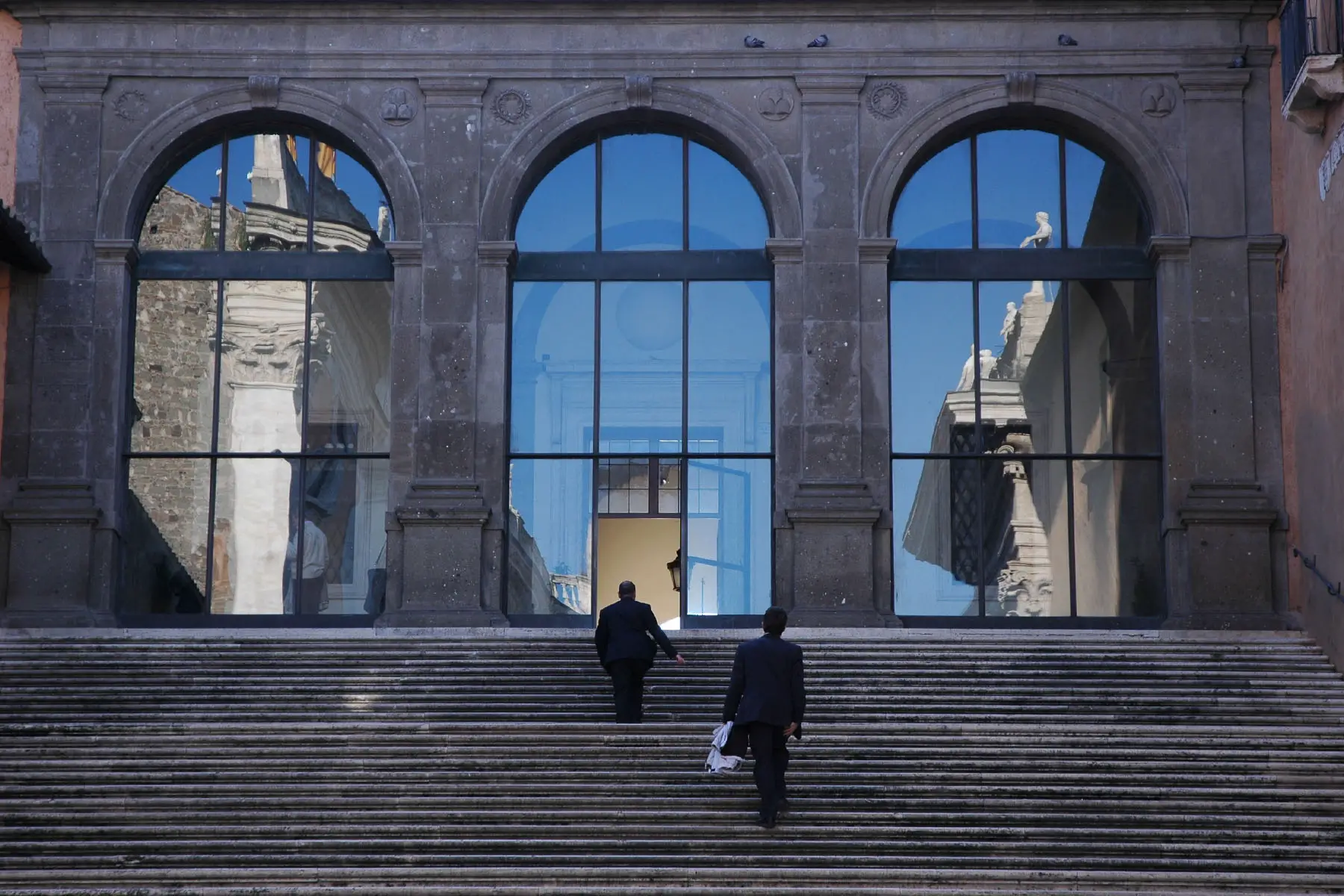
Italy is also part of international organizations (e.g., Interpol and Europol) to fight against organized crime and terrorism. These are overseen by an Executive Committee and a Council of Ministers for Justice and Home Affairs respectively.
How does Italy’s court system work?
The Italian court system is hierarchical and divided into three tiers:
| Court instances | Judicial office | Court |
| First instance (primo grado) | Justice of the peace (giudice di pace) | – Tribunals (Tribunale) for civil cases – Court of Assizes (Corte d’Assise) for criminal cases – Penal Office (Ufficio di Sorveglianza) for criminal justice cases – Juvenile Court (tribunale per i minorenni) |
| Second instance (secondo grado) | Court (Tribunale) | – Court of Appeals (Corte d’Appello) for civil cases – Court of Assizes of Appeals (Corte d’Assise d’Appello) for criminal cases |
| Third instance (terzo grado) or the last resort (ultima istanza) | Supreme court | Court of Cassation (Corte di Cassazione) |
For more details on the Italian judicial system, you can visit the European e-Justice Portal or the website of the Italian Superior Council of Magistrates (Consiglio superiore della magistratura).
Trial processes: how do trials work in Italy?
Investigative phase
After the crime report has come in, Italy’s Public Prosecutor’s office (Pubblico Ministero) and Judiciary Police (Polizia Giudiziaria) do a preliminary investigation (indagine preliminare) to gather evidence.
Unlike countries like the United States (US), Italy does not have a bail system. The accused (imputato) will only stay arrested if they are caught red-handed or if they are at risk of fleeing, committing another crime, destroying evidence, or creating false evidence. If the perpetrator was caught in flagrante delicto, there will be a direct judgment (giudizio direttissimo) or an immediate trial (giudizio immediato).
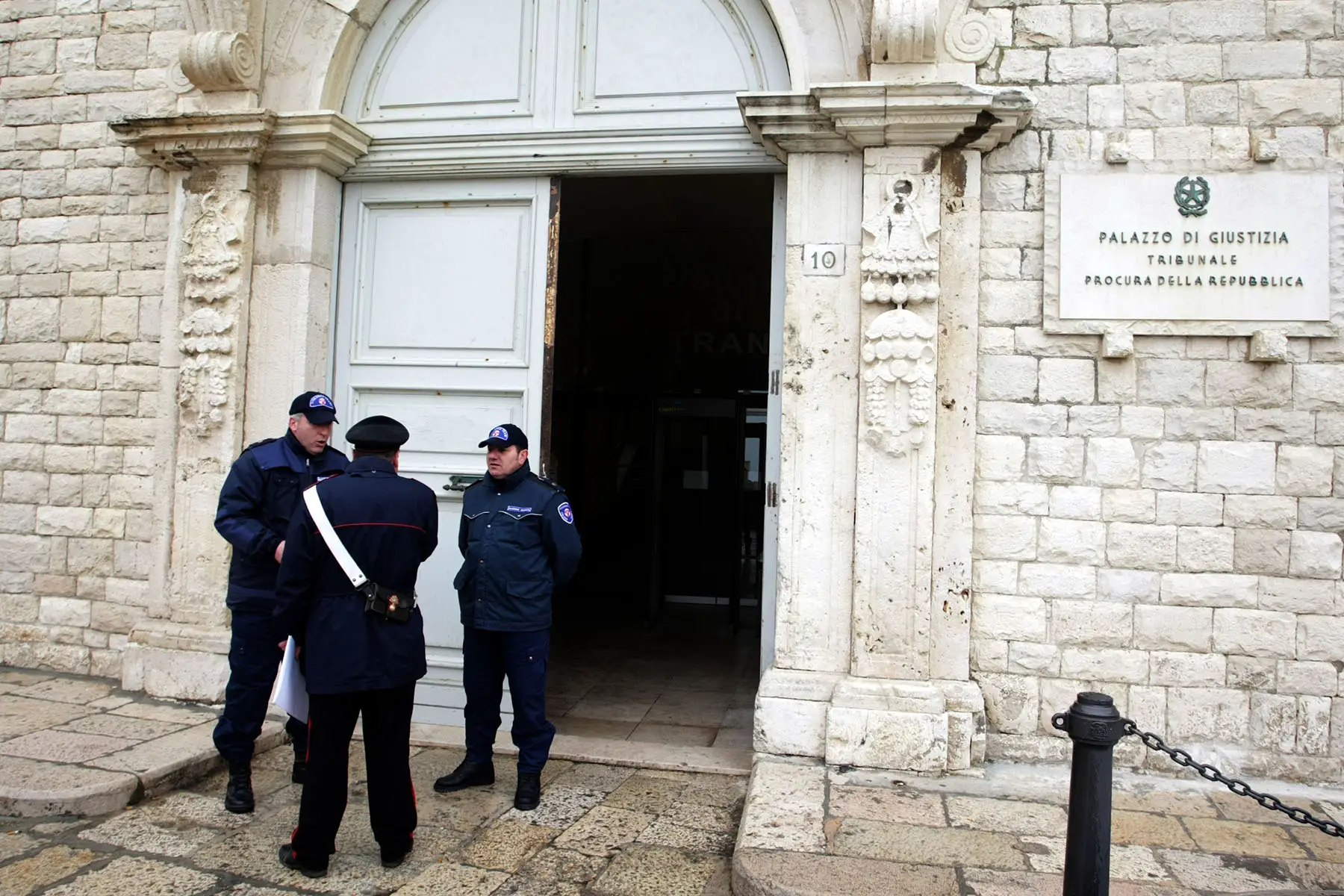
There is no deadline for gathering evidence. After the investigation is complete, the prosecutor can decide to indict (rinvio a giudizio) or drop the charges (archiviazione). If there is an indictment, the accused will be sent a notice (avviso di conclusione indagini).
The defense is then allowed to examine the evidence and has 20 days to:
- File a defensive brief
- Present their own evidence
- Appear before the prosecutor to make a confession
- Ask the prosecutor to be interrogated
- Ask the prosecutor to investigate something or someone else
Trial phase
If the accused is indicted with a serious crime, there will be a preliminary hearing (udienza preliminare). The judge can then decide that there are no grounds to proceed (no luogo a procedere) or order a trial (disposizione a giudizio).
During preliminaries, the defense may ask for a special proceeding:
- A fast-track trial (giudizio abbrevaito) skips the trial phase and jumps ahead to conviction or acquittal (assoluzione). Although this prevents the accused from presenting new evidence in their defense, their sentence must legally be reduced by one-third.
- A plea bargain (patteggiamento) forces the accused to plead guilty in exchange for a lesser sentence (also reduced by one-third). The judge can decide if the plea is acceptable. If they think the proposed sentence is too light, they can reject the plea and move the case to trial.
At trial (dibattimento), the prosecutor and defense present their evidence and hear witnesses and experts. The presiding judge rules whether the defendant is innocent (innocente) or guilty (colpevole). In serious cases, there is a panel of three judges, or two judges and six jurors.
If the defendant is convicted, they can file an appeal with the Court of Appeals, Court of Assizes of Appeals, or the Court of Cassation.
On average, trials in Italy last 1,600 days (or about four years and four months), starting from the initial investigation until the final court of appeal. In Rome and Naples, the trial process can take up to six years.
Punishments and sentences in Italy
Depending on the crime, the Penal Code of Italy can impose a fine, incarceration, or alternative sentence. Italy does not have the death penalty (pena di morte).

Convicts in Italy can get the following punishments:
| Penalty | Crime | Notes |
| Fine (sanzioni amministrative) | Administrative offenses (e.g., traffic violation) | The amount depends on the gravity of the violation |
| Fine (ammenda) | Non-criminal offenses | Between €20 – 10,000 |
| Fine (multa) | Criminal offenses | Between €50 – 50,000 |
| Probationary assignment to the social service (Affidamento in prova al servizio sociale) | n/a | Given when incarceration would be considered harmful (e.g., when the convict has AIDS) |
| Home detention (detenzione domiciliare) | n/a | Given in special circumstances (e.g., when the convict has full-blown AIDS, or they have children under the age of 10) |
| Semi-freedom (semilibertà) | n/a | Given in special circumstances to allow the convict to spend part of the day outside the prison to participate in social activities, such as work or education |
| Parole (libertà controllata) | n/a | Replacing short prison sentences |
| Arrest (arresto) | Misdemeanors or felonies | Temporary incarceration of five days to three years |
| Imprisonment (reclusione) | Felonies and serious crimes | Incarceration of 15 days to 24 years |
| Life imprisonment (ergastolo) | Most serious crimes (e.g., terrorism) | Indefinite incarceration; eligible for parole after 26 years |
Does Italy have a statute of limitations?
All crimes in Italy must be prosecuted within four to six years, including a trial, appeal, and definite sentencing. The statute of limitations (prescrizione) does not apply to crimes that are punishable by life imprisonment (e.g., murder).
Italy also has a statute of limitations for enforcing a penalty. By law, the sentence must be enforced within twice the time of the sentence, though, cannot exceed more than 30 years. Fines will be quashed after 10 years.
What are the main crimes and punishments?
Driving/traffic offenses
Minor traffic violations often result in a fine (e.g., driving without a helmet will cost you €85 or more). More serious offenses will also take points off your driver’s license.
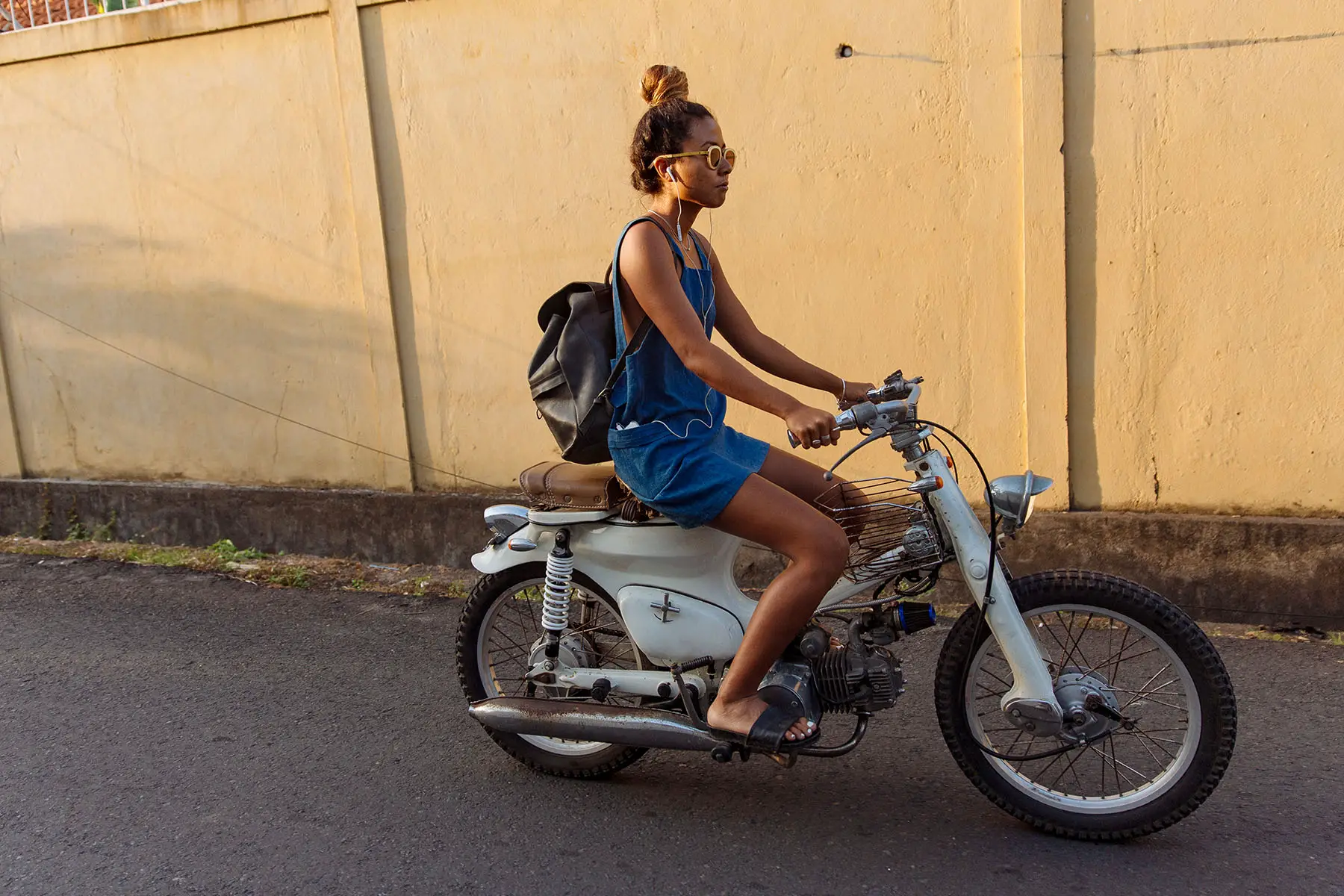
If you were caught driving under the influence, or you were in an accident that resulted in material or physical damages, you will get a fine, lose your driving license, and face prison time.
Minor crimes
You will get a fine or be arrested for non-criminal offenses (contravvenzioni) and misdemeanors (delitto). Examples of these include failure to provide information about your identity, or destruction of property.
Theft/burglary
Penalties for thefts and robberies include:
- Theft (furto) – a fine of €154–516 and a prison sentence of six months to three years
- Robbery (rapina) – a fine of €927–2,500 and a prison sentence of five to 10 years. In aggravating circumstances, however, the penalty can increase to a fine of €2,000–4,000 and a prison sentence of six to 20 years.
- Burglary (furto con strappo) or home burglary (furto in abitazione) – a fine of €927–1,500 and a prison sentence of four to seven years. In aggravating circumstances, penalties can increase to a fine of €1,000–2,500 and a prison sentence of five to 10 years.
Fraud
People who commit fraud (truffa) can get a €51–1,032 fine and a prison sentence of between six months and three years. Aggravating factors, such as fraud against the Italian state, can increase the penalty to €309–1,549 and one to five years in prison.
Immigration-related crimes
Non-EU/EFTA internationals living in Italy must request a residence permit (permesso di soggiorno) within eight days of their arrival. You must always have this document on your person and be able to provide it when a law enforcement official asks you to. If you cannot or refuse to show it, you can be fined up to €2,000 and face up to one year in prison.
Expats from within the EU/EFTA region do not have to apply for a residence permit.
Alcohol and drug-related offenses
The legal drinking age in Italy is 18 years old. However, if a minor is caught with alcohol, only the person who provided it will be fined or prosecuted.
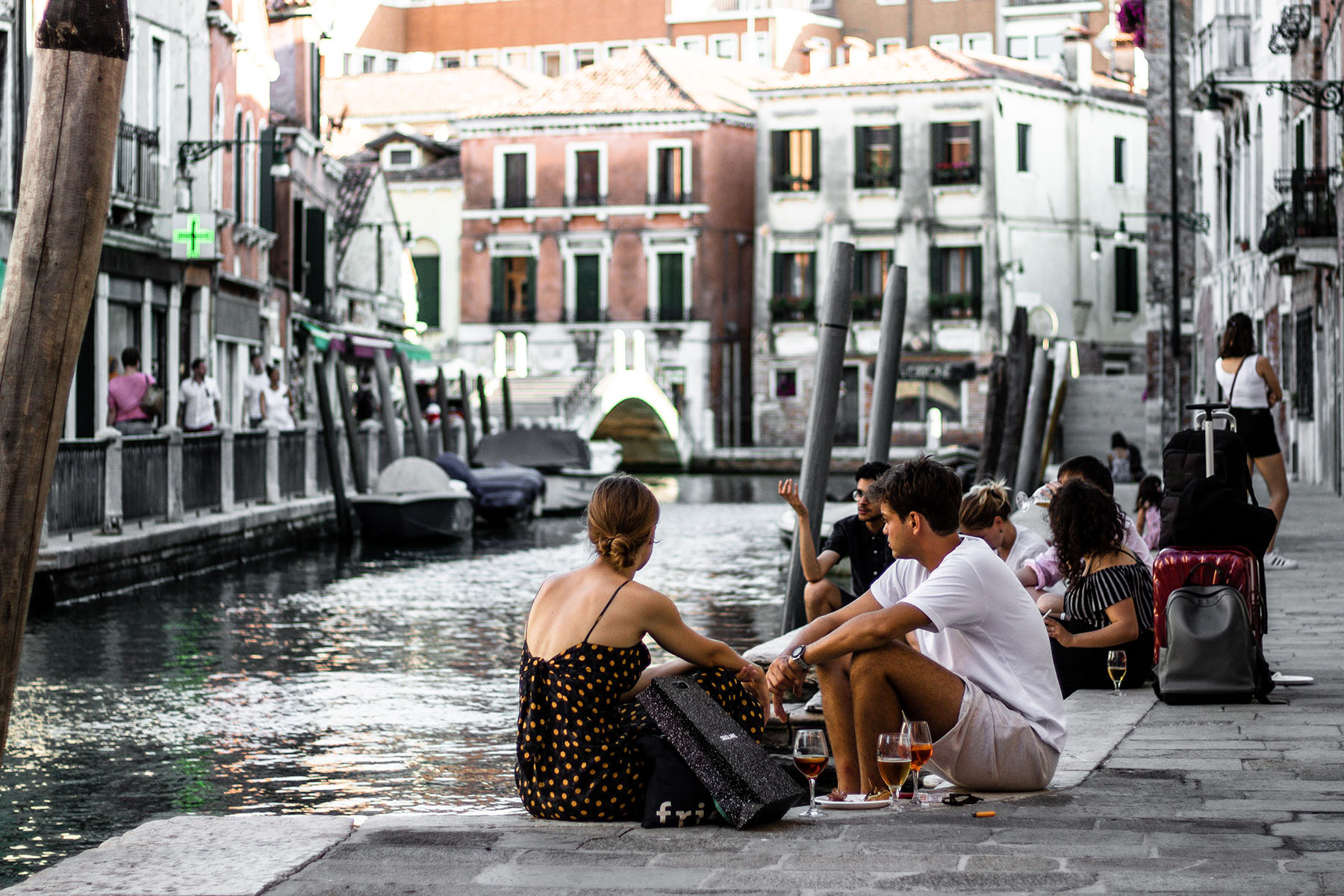
Penalties include:
- Giving alcohol to a child under the age of 16 results in a €1,000–25,000 fine, a three-month license suspension, and up to one year in prison
- Providing alcohol to a child aged between 16 and 18 results in a fine between €51 and €309. Recurring offenders can face a fine of up to €2,000 and lose their operating license for three months.
Adults of legal drinking age cannot be in a state of manifest drunkenness in public. That means, for example, that you cannot drink an entire case of wine in public, or be so drunk you are causing a disturbance. Manifest drunkenness will result in a fine of between €51 and €309.
Drugs are illegal in Italy. Being caught in the possession of illegal substances can result in an administrative sanction, such as losing your driver’s license for up to a year. Drug trafficking on the other hand, including the purchase of large quantities, is a serious crime. Penalties include a fine of €26,000–260,000 and six to 20 years imprisonment.
Crimes of anti-social behavior/stalking
Harassment or causing a disturbance (molestia o disturbo alle persone) in a public space will get you a fine of up to €516, plus a sentence of up to six months. Threats (minaccia) are fined up to €1,032 and if serious, can result in a prison sentence of up to one year.
Stalking is considered serious harassment or a serious threat. The penalty is a prison sentence of one to six and a half years if the stalking behavior has caused a persistent and serious state of anxiety or fear for the victim’s safety or that of a close relative or partner. It is also a serious threat if the harassment forces the victim to alter their lifestyle.
The penalty of stalking increases if the crime was committed:
- By an (ex)spouse or (ex)partner
- By a culprit misrepresenting themselves
- Against a minor, pregnant woman, or person with disabilities
- Through the internet or other telematic tools (i.e., cyberbullying)
- With weapons
Important to note that the crime must be reported within six months, otherwise it cannot be prosecuted.
Hate crimes
The constitution grants equal rights to anyone who is within the Italian borders. Understandably, hate crimes (crimini d’odio) in Italy are also punishable by law.
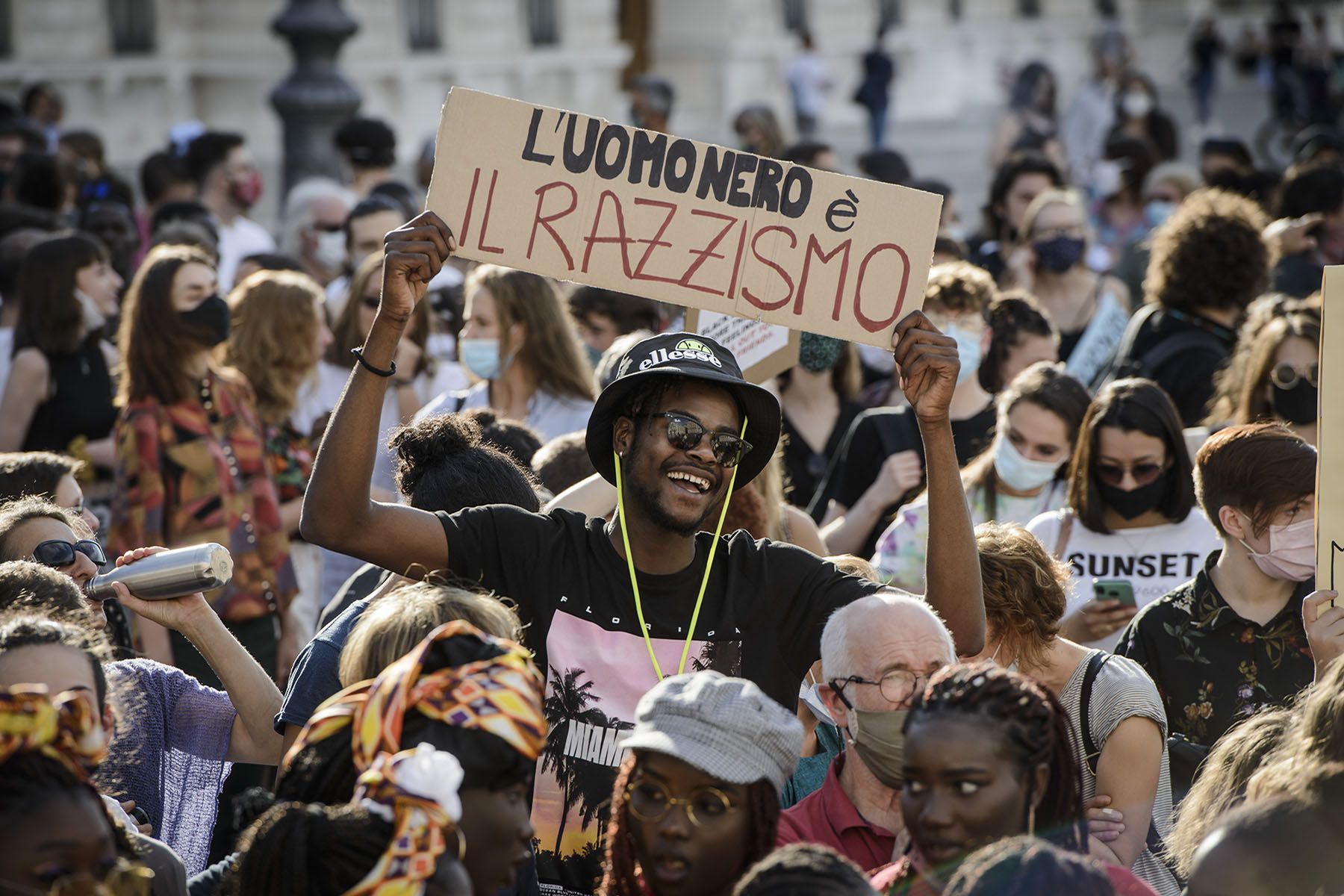
Hate crimes are specifically addressed by the Mancino Law. This law dictates that:
- All organizations, associations, movements, or groups that incite discrimination or violence for racial, ethnic, national, or religious reasons are prohibited. Members face imprisonment of 6 months up to 6 years.
- Gestures, actions, and slogans linked to fascism, that incite violence and discrimination on racial, ethnic, national, and religious grounds, can result in a prison sentence of six months to four years
- Any person who spreads ideas of racial or ethnic superiority or hatred to incite violence or discrimination faces a fine of up to €6,000 and imprisonment of up to a year and a half
Hate crimes based on sexual orientation and gender identity are not included in the law.
In 2020, the Italian Chamber of Deputies voted in favor of the Zan Law. This bill would prohibit discrimination and violence on the grounds of sex, gender, sexual orientation, and gender identity. Unfortunately, the law was shelved by the Senate in 2021.
You can report cases of discrimination to the National Racial Anti-Discrimination Office (Ufficio Nazionale Antidiscriminazioni Razziali – UNAR). It is part of the Department for Equal Opportunities (Dipartimento per le Pari Opportunità) of the Prime Minister’s office (Presidenza del Consiglio dei ministri).
Violent crimes
Violent crimes cover a wide range of terrible offenses, including (intentional) manslaughter, rape, aggravated assault, hate crimes, and murder. Depending on the crime, the judge will determine the penalty. Perpetrators can be sentenced between five years to life.
You can contact the Italian emergency services at 112 if you need help. For more information on racial and gender-based violence, please visit the website of the Department of Equal Opportunities.
Victims of violent crimes, including mafia-related crimes, are eligible for compensation. You can find more information on the Ministry of Justice website. If you have lost your mother due to stalking, or domestic or gender-based violence, you can receive a scholarship.
Most serious crimes
The most serious crimes in Italy are punished with life imprisonment.
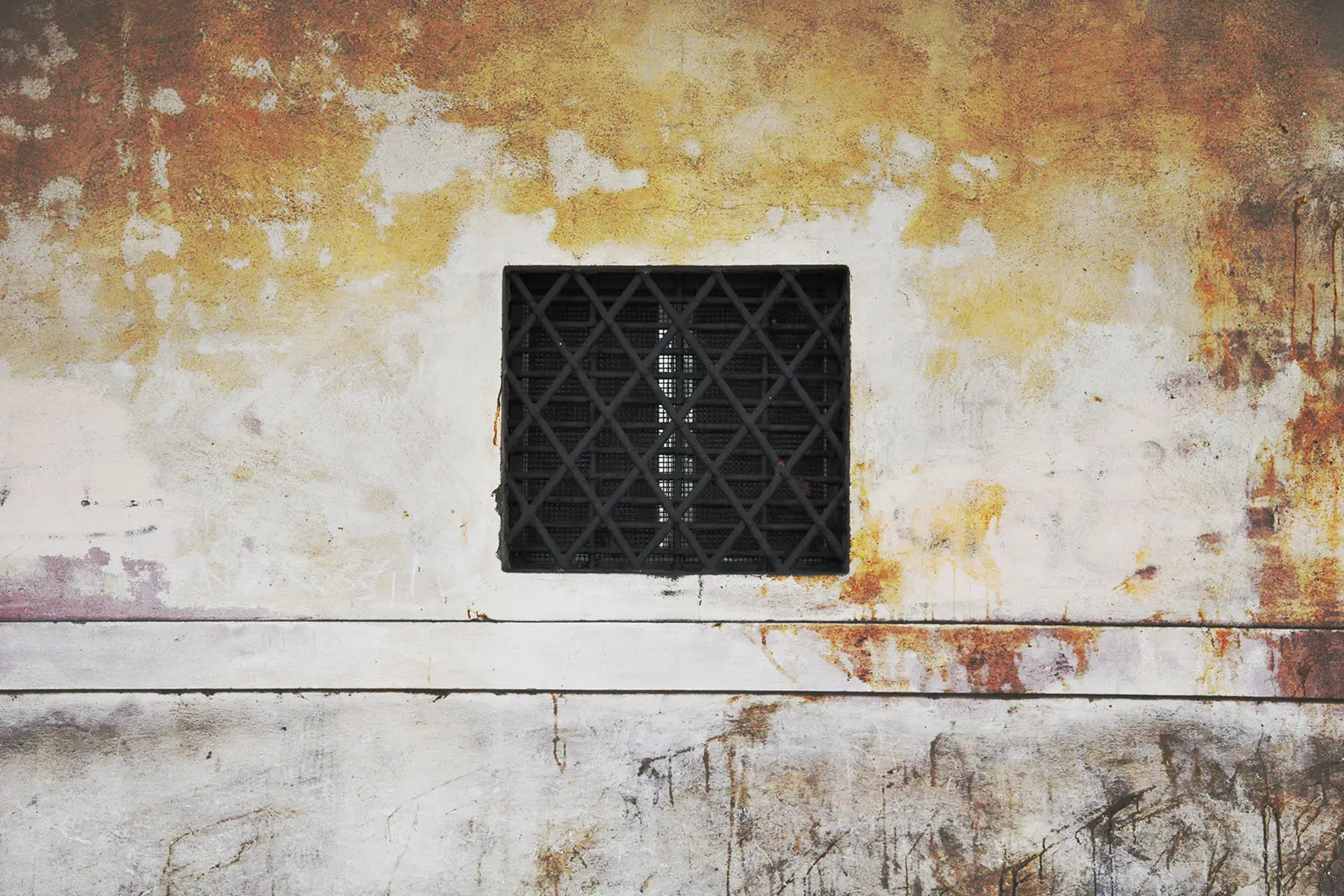
Examples include:
- Child pornography and prostitution
- Human trafficking
- The sale and purchase of enslaved people
- Premeditated homicide
- Homicide with sexual violence
- Homicide with particular cruelty
Acts of terrorism
Acts of terrorism (attentati per finalità terroristiche) in Italy will get a different sentence depending on the circumstances of the attack. These include at least six years in prison for attacks that subvert the democratic order (attentati per finalità di eversione) and at least 20 years for acts of terrorism.
If there was an attempt on someone’s safety with a serious injury as a result, the penalty is at least 12 years in prison. The sentence increases by one-third when the intended victim works in the judiciary, penitentiary, or public safety field. If the intended victim dies, the penalty is 30 years in prison. Lastly, the perpetrator will get life in prison if the attempt on someone’s life results in death.
Italy’s prison system: facts and figures
The Italian penitentiary system (ordinamento penitenziario) can be separated into youth detention centers and adult prisons, both of which fall under the responsibility of the Ministry of Justice.
Convicted minors and young adults between the ages of 14 and 25 are sent to one of Italy’s 17 Penal Institutes for Minors (Instituti Penali per i Minorenni – IPM). In early 2022 (in Italian), there were 481 juvenile detainees, 332 of whom were below the age of 18. Of the 481 convicts, 235 were foreigners.
Sentenced adults over the age of 25 are taken to one of 189 adult penitentiary institutions in Italy, including a:
- District House (Casa Circondariale) – for detainees awaiting a trial and prisoners with a sentence of less than five years
- Nursing Home and Custody (Casa di Cura e Custodia) – used for hospitalizing prisoners who received a reduced sentence due to partial mental insanity. They will stay here for a minimum period of one year.
- Prison (Casa di Reclusione or Casa Penale) – for prisoners with a final conviction of more than five years
- Workhouse and Agricultural Colony (casa di lavoro e colonia agricola) – for habitual offenders to do artistic or agricultural work
In 2021, the Council of Europe Annual Penal Statistics (SPACE) reported that Italy had 90 prisoners per 10,000 inhabitants.
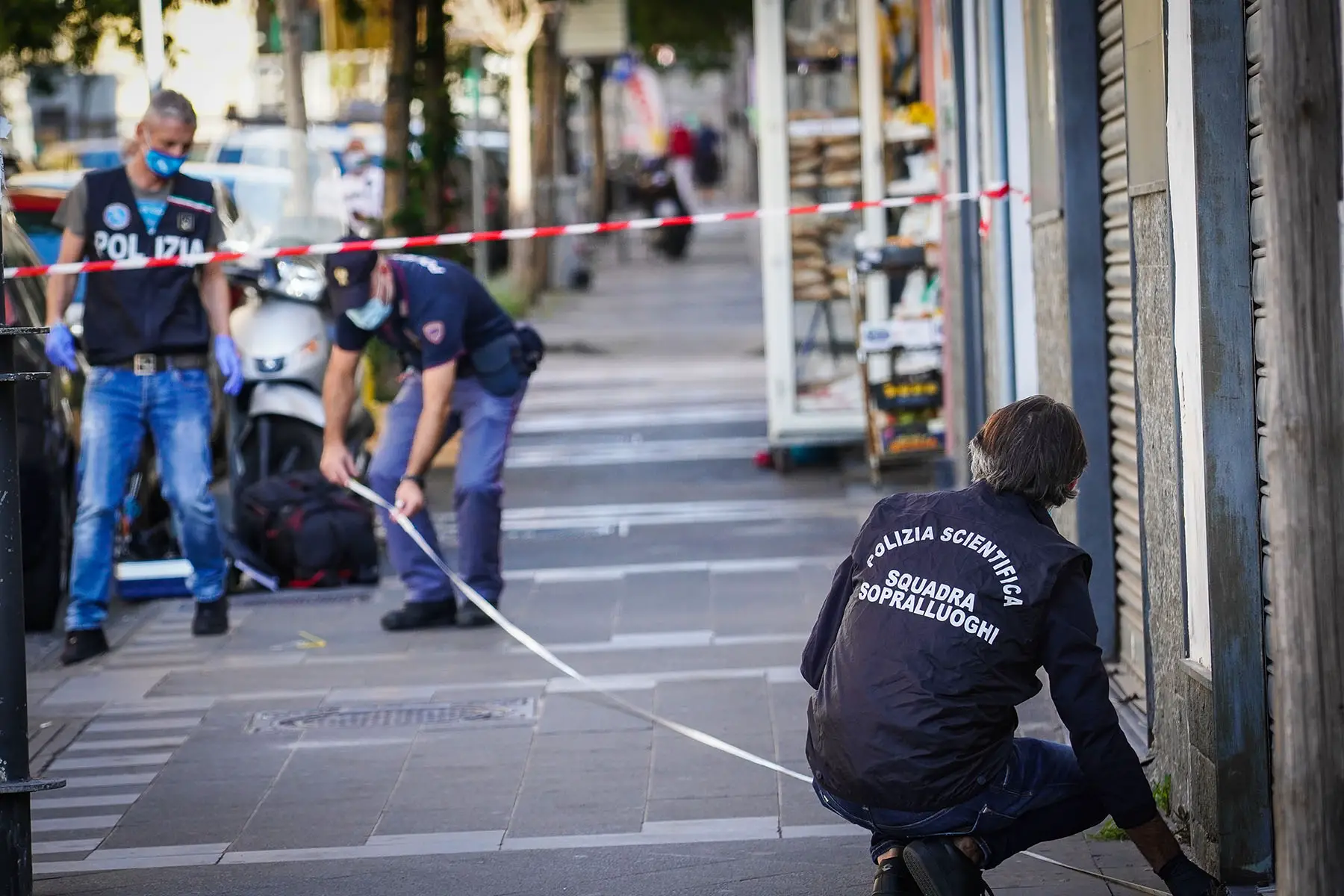
In other words, there were 53,199 adult convicts in total. 32.4% of that was foreign. Interestingly, the prisons had 105.5 prisoners per 100 places. That means Italy has a problem with prison overcrowding.
Article 41-bis: the rights of prisoners
Article 41-bis (articolo 41-bis) of the Law on the penitentiary system (Legge sull’ordinamento penitenziario) allows the authorities to suspend certain rights of a prisoner. For example, a convict can be put in indefinite solitary confinement. This is why it is also known as as ‘hard prison’ (carcere duro).
Other rights that can be limited or banned include:
- Use a telephone
- Interact with other prisoners or outsiders
- Receive correspondence
- Organize or partake in cultural, recreational, or sporting activities
Article 41-bis was originally aimed at members of the Mafia (mafioso). However, it can currently also be used against crime convictions such as drug trafficking (traffico di droga), kidnapping (rapimento), homicide (omicidio), and terrorism (terrorismo).
In 2022, convicted anarchist Alfredo Cospito started a hunger strike in protest against his strict sentencing conditions. His case will be heard by the Supreme court in 2023.
Your rights if you are arrested in Italy
After an arrest, you can be detained for up to 24 hours. You have the right to speak with a lawyer (avvocato) immediately. If you cannot afford one because your taxable income doesn’t exceed €10,628.16, you can apply for legal assistance paid for by the government.
You also have the right to:
- Speak with a family member
- Remain silent
- A free interpreter if you don’t understand Italian
During those 24 hours, you will be held in prison. A judge must decide whether to keep you detained or if you will be released within 48 hours of the arrest.
If you were arrested on a European Arrest Warrant, you have the right to a lawyer. This can be either your own or a court-appointed lawyer. Your council and embassy must be informed immediately. A judge will hear your case within 48 hours of your arrest.
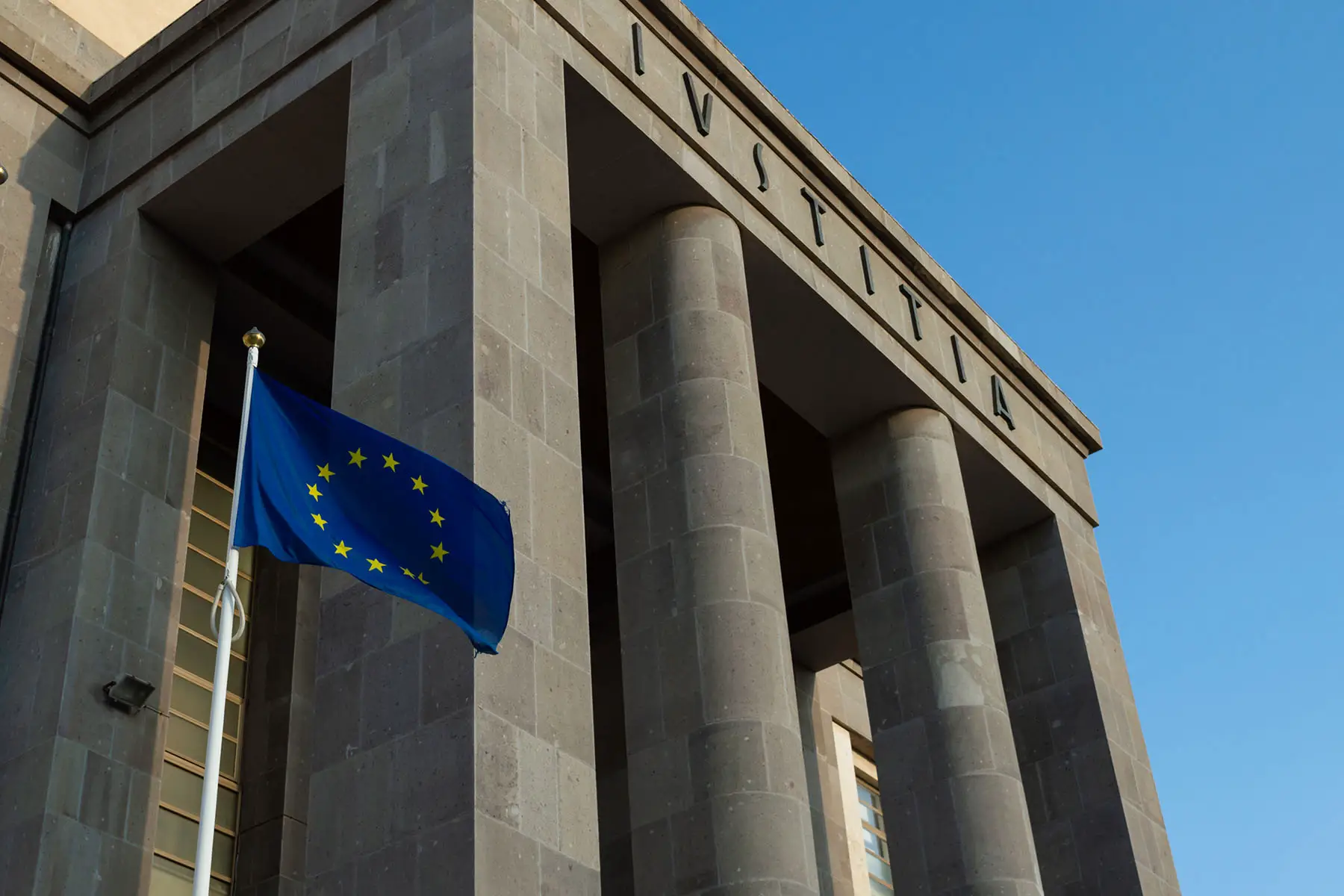
After the meeting with the judge, there will be a hearing before the Court of Appeal to decide whether to extradite you or not. This happens within 20 days of your arrest. You can appeal the decision before the Supreme Court.
Legal rights for foreigners
Internationals have the same legal rights as Italian citizens. If you are a refugee or asylum seeker, you have the right to a six-month resident permit (Permesso di soggiorno per Richiesta Asilo) while your claim is being processed.
During this time, you can also apply for financial aid, shelter, food, and clothing. You have the right to legal and medical assistance and can look for work two months after submitting your asylum claim.
Extradition treaties
Italy has extradition treaties (trattati di estradizione) with most countries in the world. There are a few exceptions, such as Afghanistan, Barbados, China, Iraq, Iran, Japan, Moldova, Morrocco, and Syria.
The extradition agreements mean your country of origin can ask the Italian authorities to detain you and send you back. You can also ask to serve your time in your native country if you were sentenced to less than two years in prison.
Useful resources
- Brocardi.it – website with the Italian Penal Code in its entirety
- Crime index – overview of crime rates in Italy
- Department of Equal Opportunities – official government website where you can report discrimination or gender-based crimes
- European e-justice Portal – official portal with information on the judiciary in the EU-member states
- Ministry of Defense – official government website with information on what to do when you are in prison
- Ministry of Justice – official government website with information about the Italian justice system



